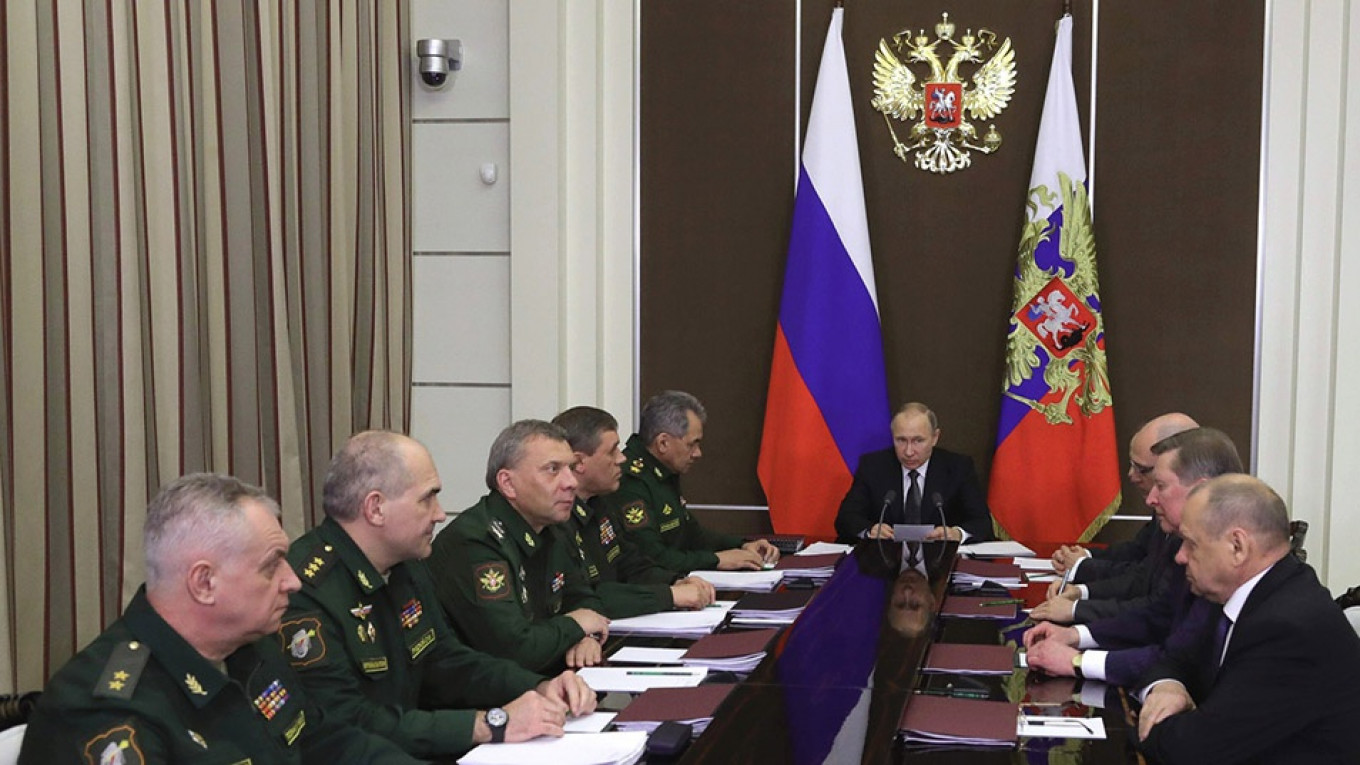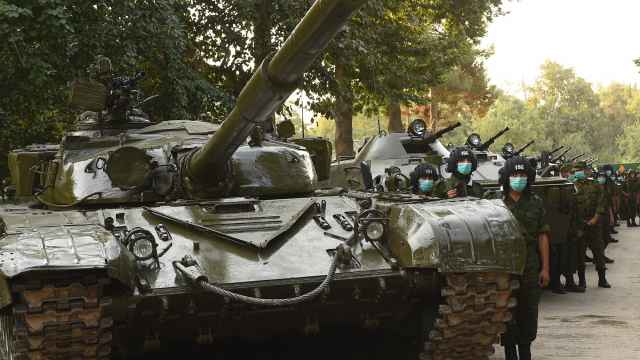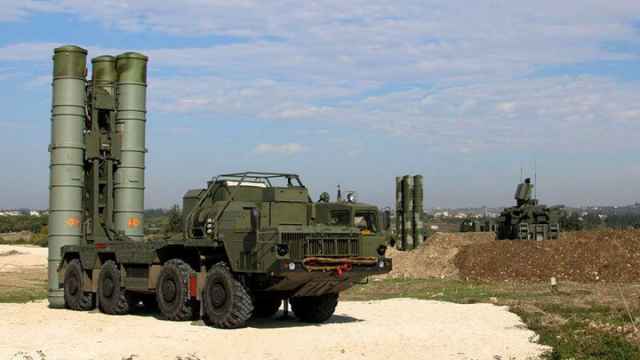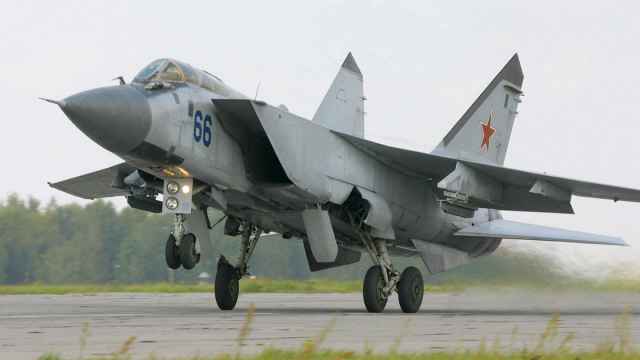One of every five State Duma deputies lobbies in the interests of Russia’s security and defense services, a report released Tuesday by the Transparency International anti-corruption group reveals.
The “power lobby,” as the group calls the legislators, contribute to the growing influence of the national security services on Russian laws and public spending.
According to the report, 86 of the 450 Duma members who served in the military or law enforcement represent the interests of national security and defense industries through public campaigns, legislative measures and financing.
“We have found a consistent increase of the ‘power lobby’ in the sixth [2011] and seventh [2016] convocations of the State Duma,” the report states.
Transparency International notes that expenditures on national defense, security and law enforcement have grown alongside the increasing number of legislators influenced by Russia’s defense and security services since 2011.
The Defense Ministry and the KGB successor-agency Federal Security Service (FSB) wield the most influence in the halls of the Duma, with 26 and 20 lobbyist lawmakers each, the report said.
Transparency International identified seven deputies who legislate on behalf of police interests, and eight who represent the interests of prosecutors and investigators.
The anti-corruption group recommended imposing regulatory controls on lobbying to build trust in the legislative branch and “lift Russian parliamentarians from the crisis of confidence.”
Two of the listed deputies disputed the report’s findings.
“The initiatives I supported that were named in the report were introduced from below, from the people,” Ernest Valeyev, a United Russia deputy representing Tyumen Oblast, told the Kommersant business daily.
A Message from The Moscow Times:
Dear readers,
We are facing unprecedented challenges. Russia's Prosecutor General's Office has designated The Moscow Times as an "undesirable" organization, criminalizing our work and putting our staff at risk of prosecution. This follows our earlier unjust labeling as a "foreign agent."
These actions are direct attempts to silence independent journalism in Russia. The authorities claim our work "discredits the decisions of the Russian leadership." We see things differently: we strive to provide accurate, unbiased reporting on Russia.
We, the journalists of The Moscow Times, refuse to be silenced. But to continue our work, we need your help.
Your support, no matter how small, makes a world of difference. If you can, please support us monthly starting from just $2. It's quick to set up, and every contribution makes a significant impact.
By supporting The Moscow Times, you're defending open, independent journalism in the face of repression. Thank you for standing with us.
Remind me later.






